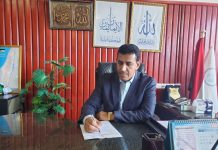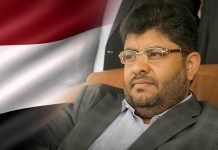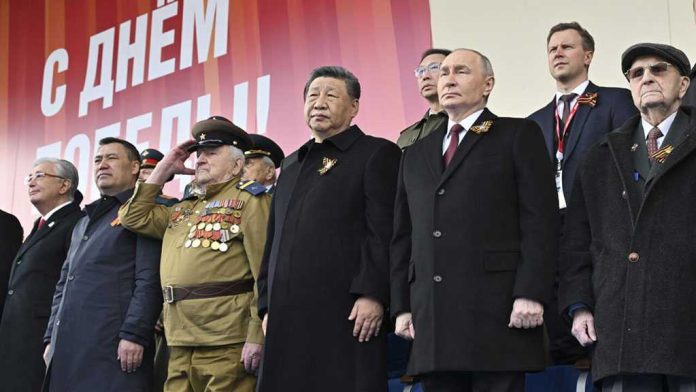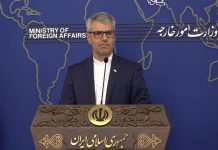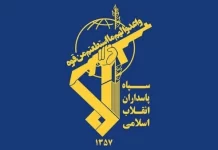Russian President Vladimir Putin presided over a grandiose Victory Day military parade in Moscow on Friday, marking the 80th anniversary of the Soviet Union’s defeat of Nazi Germany.
The event, held against the backdrop of Russia’s ongoing war in Ukraine, was attended by over 20 foreign leaders, including Chinese President Xi Jinping and Brazilian President Luiz Inacio Lula da Silva.
The Kremlin presented the occasion as the largest in the parade’s history, aimed at bolstering patriotism within Russia and demonstrating resilience and power to the outside world. Putin declared a unilateral three-day truce with Ukraine during the celebrations, though Kiev dismissed the gesture as hollow.
The parade featured an extensive procession of military hardware and troops through Moscow’s Red Square, culminating in a speech by Putin who again drew parallels between Soviet soldiers of World War II and today’s Russian forces. At a formal dinner for visiting dignitaries, Putin toasted to “victory,” continuing his narrative of Russia’s military as heirs to the anti-fascist struggle.
Security in Moscow was markedly tight, with bans on items like vape pens and electric scooters, and a suspension of mobile internet to guard against potential Ukrainian attacks.
Among the most prominent guests were Xi and Lula, whose presence underscored Russia’s efforts to reinforce alliances outside the Western sphere. Slovak Prime Minister Robert Fico defied European Union warnings to attend, becoming the bloc’s only representative at the parade, while Serbian President Aleksandar Vucic, reflecting his country’s enduring ties to Moscow, also joined.
The event followed a lengthy Kremlin meeting between Xi and Putin, where the two leaders affirmed their growing strategic partnership and voiced defiance toward the West. In official Russian history, World War II is remembered as the “Great Patriotic War,” beginning with Germany’s 1941 invasion of the Soviet Union. However, the earlier Soviet-German non-aggression pact is rarely acknowledged.
The war’s toll on the Soviet Union—over 20 million dead—remains a powerful source of national identity.
Source: Alahed English News




